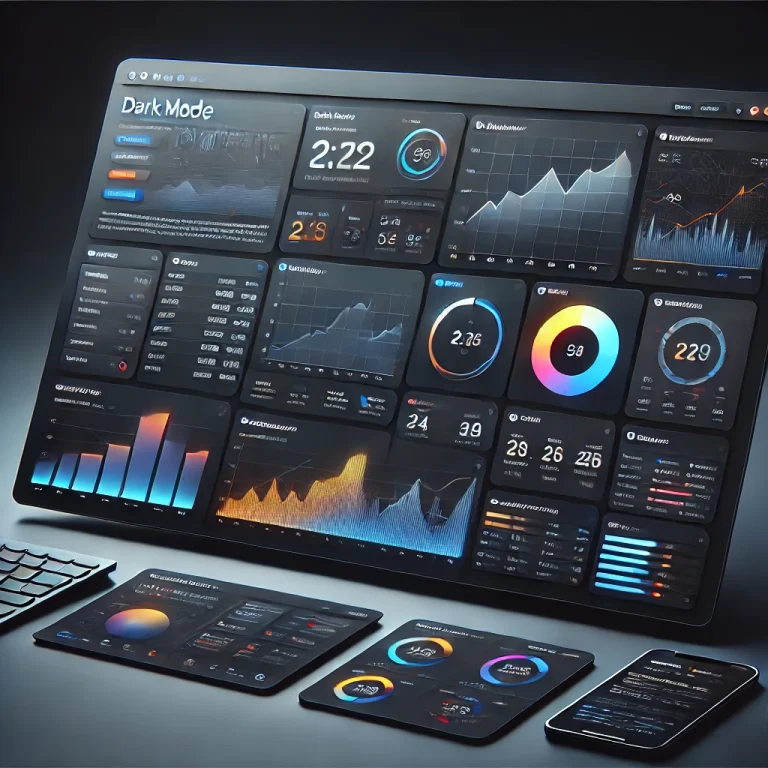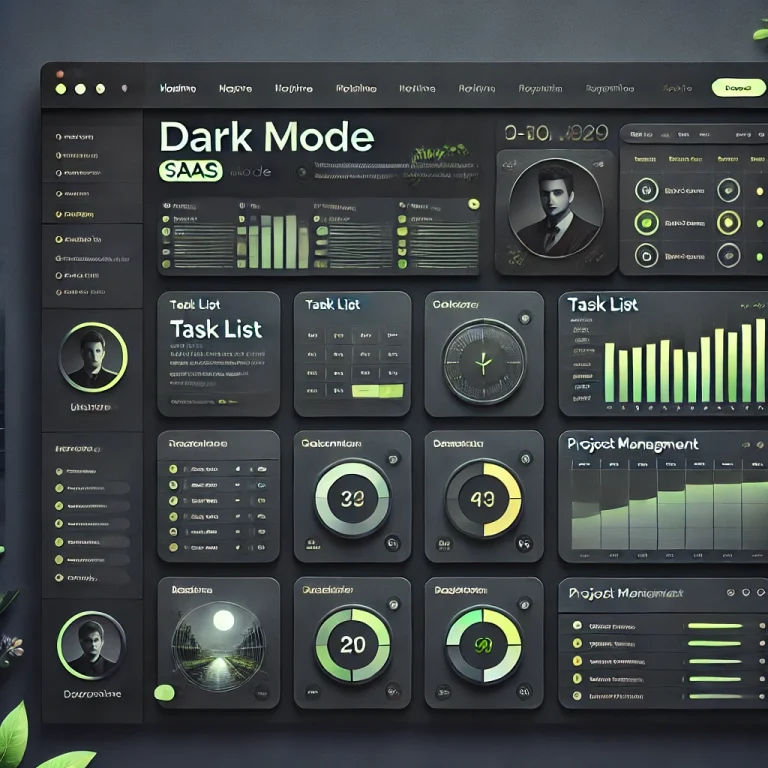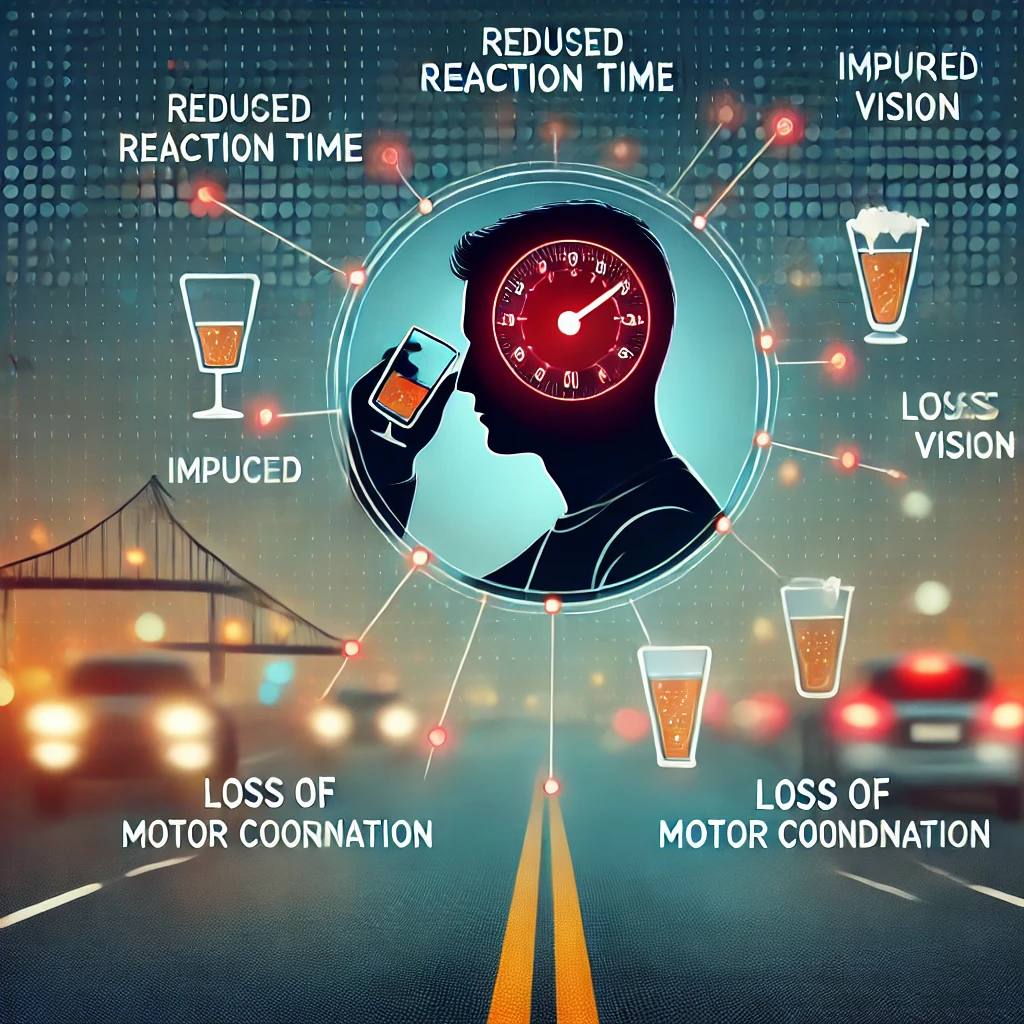
DUI Laws: A Complete Guide to Understanding DUI Regulations
Dui Laws
Table of Contents
- What Are DUI Laws?
- Blood Alcohol Concentration (BAC) Limits
- Types of DUI Offenses
- Penalties for DUI Convictions
- Legal Defenses Against DUI Charges
- How to Avoid DUI Convictions
- FAQs About DUI Laws
- Final Thoughts
What Are DUI Laws?
DUI laws, or Driving Under the Influence laws, regulate the operation of a motor vehicle by individuals impaired by alcohol, drugs, or other substances. These laws vary by state and country but generally prohibit drivers from exceeding a specific Blood Alcohol Concentration (BAC) limit.
Each jurisdiction enforces DUI laws to enhance road safety, reduce accidents, and impose penalties on offenders. Violations can result in fines, license suspension, community service, or even jail time.
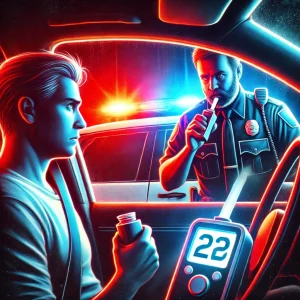
Blood Alcohol Concentration (BAC) Limits
BAC limits serve as a legal threshold for determining intoxication. Here are the standard BAC limits across different categories of drivers:
| Driver Type | BAC Limit |
|---|---|
| General Drivers | 0.08% |
| Commercial Drivers | 0.04% |
| Underage Drivers | 0.02% or Zero Tolerance in some states |
- Zero Tolerance Laws: Some states have strict DUI laws for underage drivers, meaning any detectable alcohol can lead to a DUI charge.
- Impairment-Based DUI: Even if a driver’s BAC is below 0.08%, they can still face DUI charges if impaired.
Types of DUI Offenses
DUI offenses can range from minor infractions to severe crimes, depending on circumstances such as prior offenses, BAC levels, and whether an accident occurred. Here are the common types:
1. Standard DUI
- Applies when a driver’s BAC exceeds the legal limit.
2. Aggravated DUI
- More severe offense with harsher penalties. This includes:
- Extremely high BAC (0.15% or higher)
- DUI with a minor in the vehicle
- Causing injury or death while intoxicated
3. Underage DUI
- Special category for drivers under 21 violating Zero Tolerance Laws.
4. DUI Drug Offenses
- Applies to individuals driving under the influence of prescription drugs, marijuana, or illegal substances.
Penalties for DUI Convictions
DUI penalties vary based on factors like BAC level, prior offenses, and state laws. Below is a breakdown:
First-Time DUI Offense
- Fine: $500 – $2,000
- License Suspension: 6 months – 1 year
- Jail Time: Up to 6 months
- Community Service: Mandatory in many states
- DUI School: Required education program
Second-Time DUI Offense
- Higher fines: $1,000 – $5,000
- Longer license suspension
- Mandatory ignition interlock device (IID)
- Possible extended jail time
Felony DUI (Multiple Offenses or Injury Cases)
- Severe penalties including years in prison
- Permanent license revocation
- Heavy fines and lifelong consequences
Legal Defenses Against DUI Charges
If you’re facing a DUI charge, possible defenses include:
- Inaccurate BAC Testing – Breathalyzers can be faulty or improperly calibrated.
- Unlawful Traffic Stop – Officers must have probable cause to pull you over.
- Medical Conditions – Some conditions (like diabetes) can falsely elevate BAC readings.
- Rising BAC Argument – Alcohol takes time to absorb; you may have been legal while driving.
- Mishandled Evidence – Errors in blood test procedures can invalidate results.
A DUI attorney can analyze your case and determine the best legal strategy.
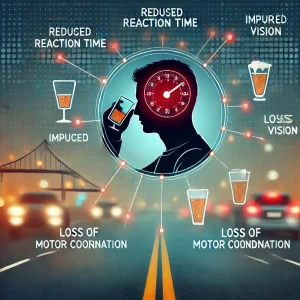
How to Avoid DUI Convictions
To stay compliant with DUI laws and avoid severe consequences, follow these best practices:
1. Use Alternative Transportation
- Designate a sober driver.
- Use ride-sharing services (Uber, Lyft, taxis).
2. Know Your Limits
- Be aware of how alcohol affects you.
- Wait before driving if you’ve consumed alcohol.
3. Invest in a Personal Breathalyzer
- Test yourself before deciding to drive.
4. Understand Local DUI Laws
- State DUI laws vary, so always research before traveling.
5. Avoid DUI Checkpoints Issues
- Remain calm and cooperate.
- Know your rights but avoid confrontations with law enforcement.
FAQs About DUI Laws
1. Can I refuse a breathalyzer test?
Yes, but it may result in an automatic license suspension under Implied Consent Laws.
2. Can I get a DUI for prescription medication?
Yes. If a medication impairs your ability to drive, you can be charged with DUI.
3. How long does a DUI stay on my record?
It varies by state, but a DUI can remain on your record for 5-10 years or more.
4. Can I expunge a DUI from my record?
Some states allow DUI expungement after a period of good behavior.
5. Do I need a lawyer for a DUI charge?
While not mandatory, hiring a DUI attorney can significantly improve your chances of a favorable outcome.
Final Thoughts
DUI laws exist to promote road safety and reduce accidents caused by impaired driving. Knowing the regulations, understanding your rights, and making informed decisions can help you avoid severe legal and financial consequences. If charged with DUI, consult a legal expert immediately.
To learn more about related topics, check out:
- How to Reinstate a Suspended License
- Understanding Ignition Interlock Devices
- State-by-State DUI Laws Guide
Stay informed, stay safe, and drive responsibly.
Comprehensive Guide to DUI & Traffic Law Topics
- State-by-State DUI Laws Guide
- How to Reinstate a Suspended License After a DUI
- Understanding Implied Consent Laws
- Ignition Interlock Devices: Everything You Need to Know
- DUI vs. DWI: What’s the Difference?
- How Long Does a DUI Stay on Your Record?
- First-Time DUI Offense: What to Expect in Court
- Can You Get a DUI on Prescription Drugs or Marijuana?
- How to Expunge a DUI from Your Record
- How DUI Affects Car Insurance Rates & How to Lower It
- What to Do If You’re Pulled Over for a DUI
- How to Find the Best DUI Lawyer for Your Case
- DUI Checkpoints: Your Rights and How to Handle Them
- Felony DUI: What It Means and How to Fight It
- The Role of Field Sobriety Tests in DUI Cases
- What Happens If You Get a DUI in Another State?
- Underage DUI: Laws and Consequences for Minors
- How to Reduce DUI Charges or Get Them Dismissed
- DUI Plea Bargains: When to Accept a Deal
- The Impact of DUI on Employment & Background Checks
- How to Prevent Drunk Driving Accidents
- Best Personal Breathalyzers to Avoid DUI
- DUI Alternative Transportation Options (Uber, Lyft, Public Transit)
- How Alcohol Affects Driving Performance & Reaction Time
- Tips for Hosting a Safe Party to Prevent DUI Arrests

1. State-by-State DUI Laws Guide
DUI laws vary by state, with differences in penalties, BAC limits, and legal procedures. Some states have harsher penalties, while others offer alternative sentencing programs like DUI diversion programs.
2. How to Reinstate a Suspended License After a DUI
License reinstatement requires completing DUI school, paying fines, and in some cases, installing an ignition interlock device.
3. Understanding Implied Consent Laws
Refusing a breathalyzer or blood test can lead to automatic penalties, including license suspension, due to implied consent laws in all states.
4. Ignition Interlock Devices: Everything You Need to Know
Many states mandate ignition interlock devices (IIDs) for DUI offenders, requiring them to pass a breath test before starting their car.
5. DUI vs. DWI: What’s the Difference?
DUI (Driving Under the Influence) and DWI (Driving While Intoxicated) have different meanings depending on the state. Some states use them interchangeably, while others distinguish them based on severity.
6. How Long Does a DUI Stay on Your Record?
A DUI can stay on your record for 5-10 years or longer, affecting insurance rates, employment, and background checks.
7. First-Time DUI Offense: What to Expect in Court
A first-time DUI offense often results in fines, DUI school, probation, and possible jail time, depending on the circumstances.
8. Can You Get a DUI on Prescription Drugs or Marijuana?
Yes, you can get a DUI for driving under the influence of legally prescribed medication or marijuana if it impairs your ability to drive safely.
9. How to Expunge a DUI from Your Record
Expungement depends on state laws and typically requires completing probation and demonstrating good behavior.
10. How DUI Affects Car Insurance Rates & How to Lower It
A DUI can drastically increase insurance rates, but shopping around for new providers and taking defensive driving courses can help reduce costs.
11. What to Do If You’re Pulled Over for a DUI
Remain calm, be polite, and know your rights regarding field sobriety tests and chemical tests.
12. How to Find the Best DUI Lawyer for Your Case
Look for experience, client reviews, and a strong track record in DUI defense when choosing an attorney.
13. DUI Checkpoints: Your Rights and How to Handle Them
Know how to behave at a DUI checkpoint, including your rights to refuse searches and minimize self-incrimination.
14. Felony DUI: What It Means and How to Fight It
Felony DUIs result from repeated offenses or causing injury/death and carry severe legal consequences.
15. The Role of Field Sobriety Tests in DUI Cases
Field sobriety tests are subjective and can be challenged in court as unreliable.

16. What Happens If You Get a DUI in Another State?
Your home state may enforce penalties from another state due to the Driver License Compact.
17. Underage DUI: Laws and Consequences for Minors
Zero tolerance laws apply to underage drivers, often resulting in automatic penalties for any detectable alcohol.
18. How to Reduce DUI Charges or Get Them Dismissed
Legal defenses include questioning BAC results, arguing improper police procedures, and negotiating plea deals.
19. DUI Plea Bargains: When to Accept a Deal
Plea bargains can reduce charges but require careful legal consideration.
20. The Impact of DUI on Employment & Background Checks
A DUI can affect job applications, security clearances, and professional licenses.
21. How to Prevent Drunk Driving Accidents
Plan ahead with a designated driver, use ride-sharing, or stay overnight.
22. Best Personal Breathalyzers to Avoid DUI
Personal breathalyzers can help you assess your BAC before driving.
23. DUI Alternative Transportation Options
Ride-sharing, taxis, and public transit are safer alternatives to driving under the influence.
24. How Alcohol Affects Driving Performance & Reaction Time
Alcohol impairs motor skills, reaction time, and decision-making, increasing accident risk.
25. Tips for Hosting a Safe Party to Prevent DUI Arrests
Offer non-alcoholic drinks, arrange designated drivers, and monitor guest alcohol consumption.
This guide provides a comprehensive resource for understanding DUI laws, legal defenses, and ways to prevent DUI-related offenses. Stay informed, stay safe, and drive responsibly.

